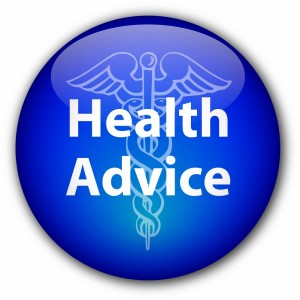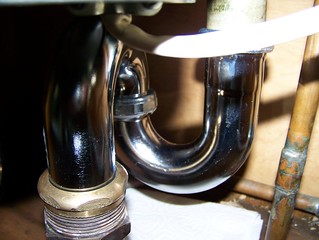Alberta health care insurance plan:
When arriving in Alberta one of the first things you should do is apply for the Alberta Health Insurance plan. The Alberta health insurance plan covers most basic health-care services such as doctor visits, xrays, hospital etc.
When applying for Alberta health Insurance you need to provide one of the following documentation from Citizenship and Immigration Canada along with identification such as your birth certificate or passport:
- Confirmation of permanent residence
- Permanent Resident Card
- Active work (minimum 6 months), study* or visitor* permit for Alberta
*Not all Alberta permits qualify the permit holder for health care insurance coverage in Alberta.
NOTE: All applicants must intend to reside in Alberta for 12 consecutive months.
For Alberta Health documentation requirements:
http://www.health.alberta.ca/AHCIP/temporary-residents.html
For application and brochures for Alberta health care insurance plan:
http://www.health.alberta.ca/AHCIP/forms.html
You can register for Alberta health Insurance plan at authorized registry agents across the province. Here is a link to the registered Agents:
http://www.health.alberta.ca/documents/AHCIP-Registry-Agent-Poster.pdf
It is also recommended that you obtain private insurance when you arrive as there might be a waiting period before getting your health coverage. You also have to register for a family doctor but if you need a doctor before that you always use a walk-in clinic. Every time you visit a doctor or a specialist you will need to show them your health card. To look for updated lists of available GP’s call 1-866-408-5465 (LINK) or visit this website:
http://www.cpsa.ab.ca/PhysicianSearch/AdvancedSearch.aspx
Alberta Health Care Insurance Plan (AHCIP) does not cover everything, e.g. prescriptions, eye exams, ambulance services, dental care etc. So it is recommended to get private SUPPLEMENTARY health insurance. A lot of the bigger companies provide health benefits for full time employees or you can apply for supplementary insurance for yourself and family from Alberta Blue Cross.
.
Alberta Blue cross is an affordable health care benefits carrier that will cover just about every type of health benefit, including prescription drugs, dental, vision care, preferred hospital accommodation, emergency medical travel, ambulance, home nursing and chiropractor, as well as life insurance and short and long term disability coverage for group plan members.
Here is a link for the Alberta Blue cross:





Follow Us!